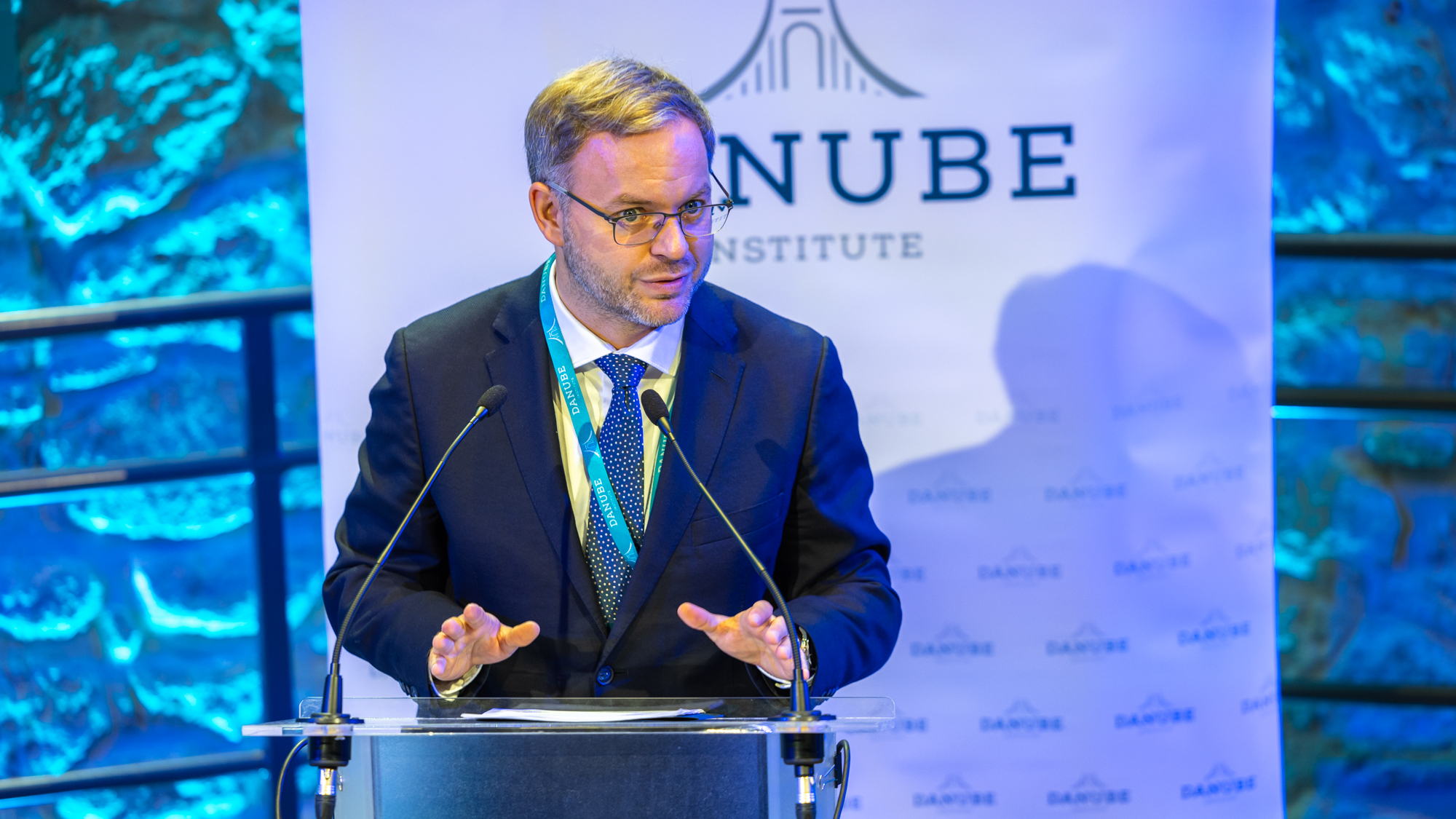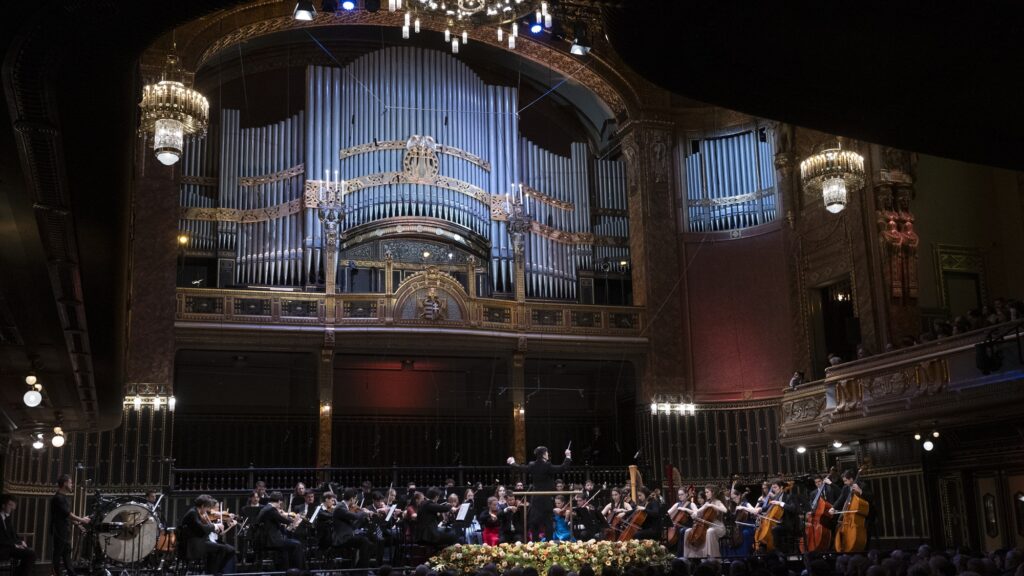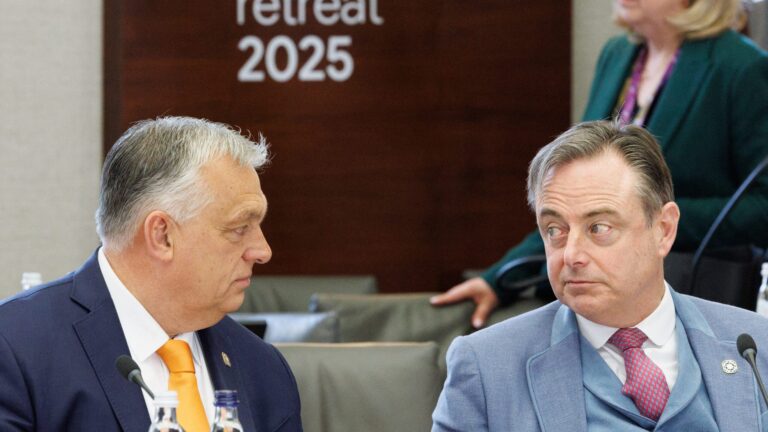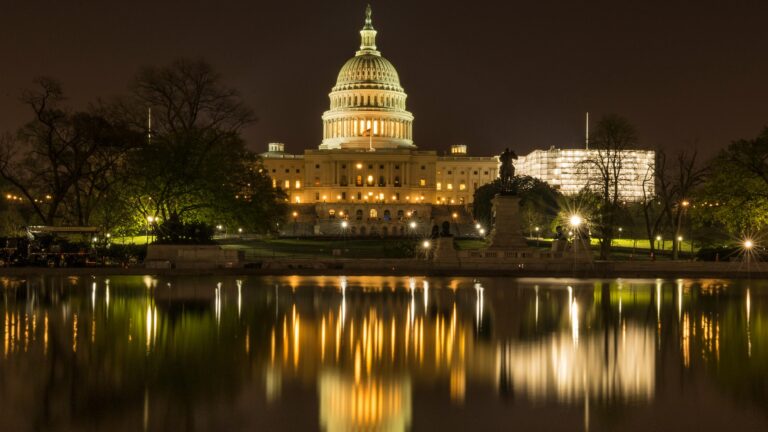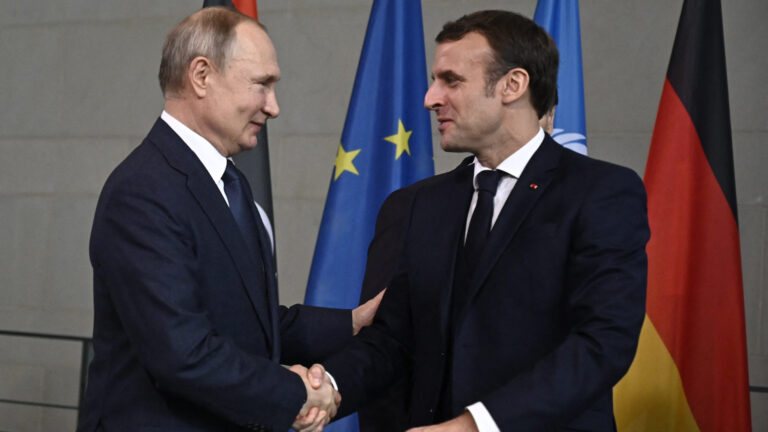The fourth Danube Institute – The Heritage Foundation Geopolitical Summit is taking place on 17–18 September at the Lónyay-Hatvany villa in the famous Castle District of Budapest, Hungary. The event is running under the tagline Whose New World Order?.
The first of the keynote speeches was delivered by Balázs Orbán, the political director of the Prime Minister of Hungary. He started by lauding the fact that some of the world’s most impressive minds are travelling to Budapest to have discussions.
He then stressed that ‘we cannot afford the luxury of not thinking about the future,’ even if conservatives sometimes prefer thinking about the past. Mr Orbán believes that it is not the time to dwell on the past, as ‘the conservatives were the losers of the previous liberal world order’. However, now, with a changing world order, this can be changed.
The speaker then went on to describe what the old world order was like. In the post-Cold War era, the popular consensus among world leaders was that we had reached ‘the end of history,’ a reference to the title of a 1992 book by American political scientist Francis Fukuyama. The common belief was that non-Western countries would adopt the liberal economic and political system in exchange for economic aid; and major conflicts would cease.
This, however, turned out not to be the case.
As Mr Orbán pointed out, the competitors of the Western world order have only grown stronger economically in the past decades. While they took advantage of the liberal free trade systems, they did not adopt it domestically.
He described the forming new world order as ‘the Age of Sovereignty’. In the new system, no bloc can dominate the other, therefore they should not even attempt it, according to the speaker. He also said that it should be based on a ‘balance of power,’ a very realistic approach to geopolitics.
Danube Institute on X (formerly Twitter): “🙌 The 4th Geopolitical Summit is starting soon in Budapest. 🇭🇺@InstituteDanube 🇺🇸 @Heritage🫵 Stay tuned! pic.twitter.com/ogNXpTECfZ / X”
🙌 The 4th Geopolitical Summit is starting soon in Budapest. 🇭🇺@InstituteDanube 🇺🇸 @Heritage🫵 Stay tuned! pic.twitter.com/ogNXpTECfZ
Mr Orbán stressed that political decisions by each country should not be made based on ideology, but rather, national interest.
He brought up the ongoing Russo-Ukrainian war as an example. He believes that it would be in the European nations’ interest to start peace negotiations, but they refused to do so based on ideology, despite over 500,000 men perishing on the war on the two sides combined. The speaker told the audience that he believes Hungary has been vindicated and proven right in its constant pushing for peace in Eastern Europe. He then went on to share what scientific research has shown us about peace-making.
‘Political decisions by each country should not be made based on ideology, but rather, national interest’
For example, any major armed conflict that is not resolved in its first year tend to last for nearly a decade. Statistics have also shown that successful peace negotiations tend to require at least three ceasefires, which is why Mr Orbán thinks it is crucial that Russia and Ukraine agrees to the first one. Additionally, conflicts between European powers are most likely to be solved through third-party mediators, a crucial role the United States could fill.
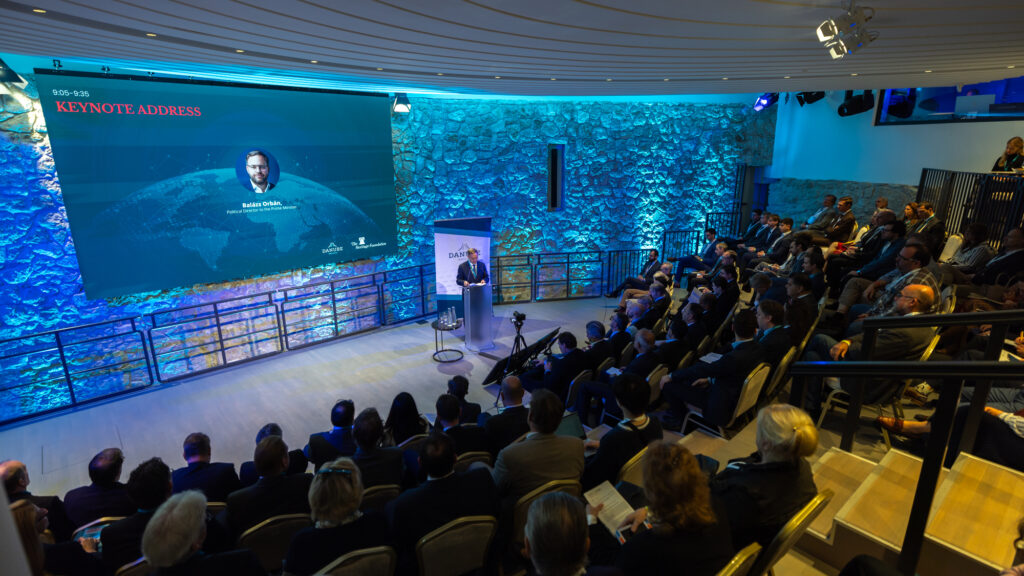
Mr Orbán went on to say that ‘for the past 35 years, liberals have systematically dismantled the state’s ability to represent and support in public life’. However, he added that ‘this era has now come to an end’.
On the topic of migration, Mr Orbán told the audience that it is not the solution to Europe’s demographic or labour problems. As he pointed out, mass illegal migration reduces public safety and undermines people’s trust in each other and in institutions. Therefore, the speaker believes that demographic problems should be solved through family policies, which is why Hungary is spending 4–6 per cent of its GDP on providing aid to families with young children; while spending an additional €2 billion on border protection.
He also stressed that modern gender theory should be kept out of public institutions, especially schools, since ‘all it does is turn the new generation against the old’.
Mr Orbán ended his speech by talking about the importance of the 2024 US presidential election, coming up in less than two months. He believes it is imperative that President Donald Trump and Senator JD Vance emerge victorious since ‘the leading power of the Western world needs to be led by those who understand global changes,’ as he put it. He added that while American and Hungarian interests do not overlap in each case, it has been proven in the past that the countries can have fruitful dialogues under a Trump administration.
Related articles:

